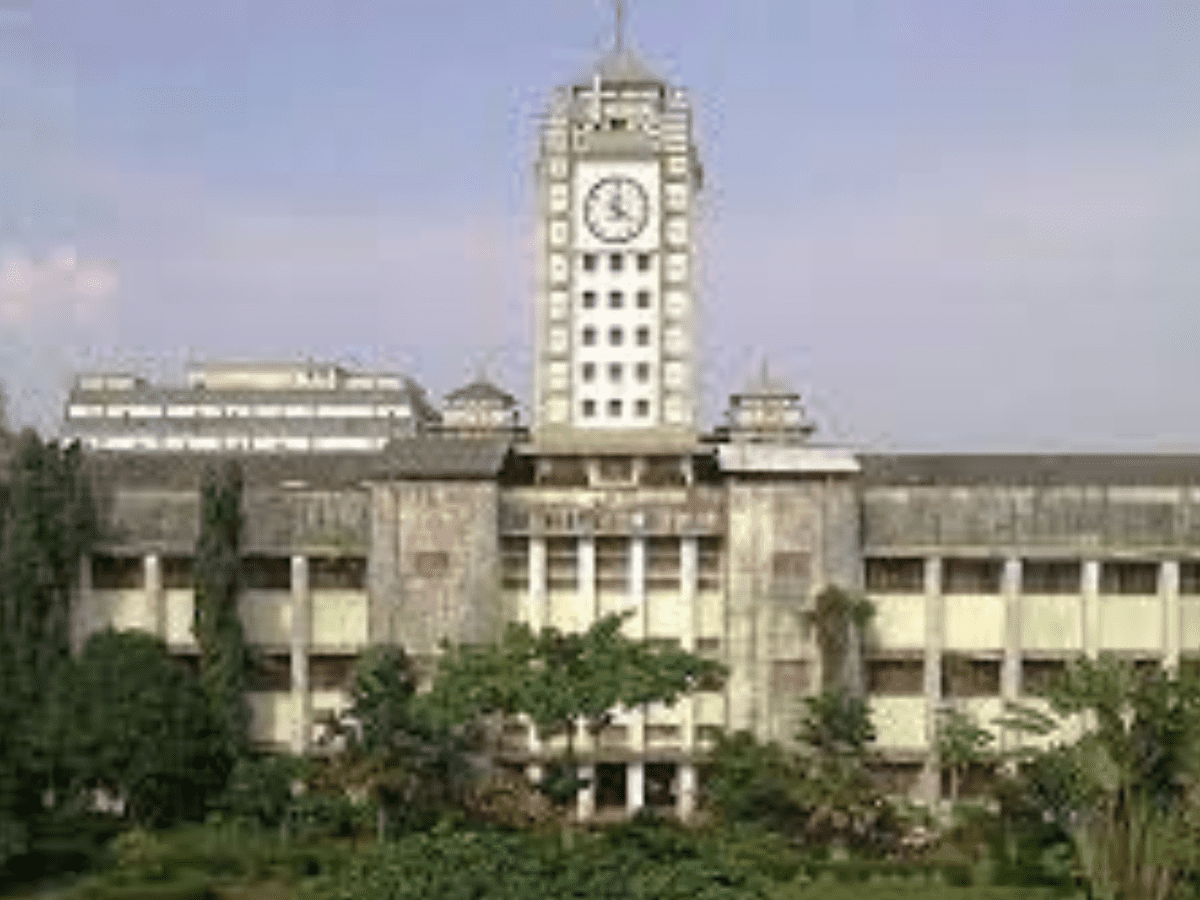
Following accusations of sexism, the Kerala University of Health Sciences released a written statement pertaining to the notification issued by the Higher Education Department preventing female students from leaving government hostels after 9:30 pm.
Female students of Government Medical College in Kozikhode had found fault with an arbitrary curfew imposed on women when men were allowed to leave the premises at night.
Earlier, on December 7, the Kerala High Court pointed out that if the object of a curfew in women’s hostels in educational institutions is to ensure the safety of the inmates, then it should be the men who should be locked up.
A single bench of Justice Devan Ramachandran said that imposing curfew on women’s hostel will not serve any purpose and nothing can be gained from mistrusting women students.
“Lock up the men, I am saying (this) because they create trouble. Put a curfew for men after 8 p.m. Let ladies walk out,” he had remarked.
In the current statement provided through the university’s standing attorney, P Sreekumar said that some female students at the Government Medical College Kozhikode filed the writ suit without fully comprehending the significance and intent of the contested government order (GO).
The attorney asserted that the issuance of the aforementioned GO did not entail any element of discrimination and that it was done in accordance with the students’ right to equal treatment devoid of gender bias.
“The petitioners who are medical students have their classes starting by 8 a m and they require sufficient sleep after every day’s work. Sleepless nights and nightlife are not meant for the students and it is the duty of the educational institution and the university to frame regulations contemplating sufficient rest to the students. The restrictions imposed are not absolute and the ordinance provide for the issuances of late passes from the concerned persons,” read the statement.
“The provisions contained in the ordinance make it clear that the hostel is meant only for the purpose of accommodation for education purposes and not for anything else. The right of the student to stay in the hostel is limited during the period during which institution is working and special permission is required to stay in hostel during the vacation period. Basically a hostel is different from a hotel or other similar accommodation available”, the statement stressed.
“Every hostel has a duty to ensure the well-being of the students as well as their safety. The petitioner cannot be oblivious of the fact that even in every home there exists a regulation restricting absolute freedom. An institution like a hostel, which takes over the responsibility of the inmates cannot be managed without restrictions as mentioned above. Neither this Hon’ble Court nor the petitioners can shut their eyes on the events happening around the world and also towards the impracticability in wiping away the crimes and nefarious activities in the society”, it further argued.
The statement also points out the age of maturity does not necessarily bring in brain maturation, and as per evidences, it is noted that the adolescent brain is structurally and functionally vulnerable to environmental stresses, risky behavior, drug addiction, impaired driving and unprotected sex.
The University stresses that the age of adolescence is too risky to be handled and seeking absolute freedom, which the petitioners may not even get at their homes is not justifiable. It thus, urged the Court to strike a balance between the necessity to ensure discipline in the hostel and the needs of the students.
It has been further pointed out that the petitioners herein only represent a miniscule percentage, when compared to the total number of inmates, and cannot be deemed to represent the interests of all the inmates, nor the concerns of their parents, who pay for their hostels and who put them up in the hostels.
The University emphasises that requesting unlimited freedom—which the petitioners might not even enjoy at their homes—is not justified at an age when handling adolescents is too perilous. Thus, it urged the Court to balance the requirement to maintain order in the dormitory with the needs of the students.
It has also been noted that the petitioners in this case only represent a tiny portion of all detainees and cannot be taken to represent the interests of all inmates or the worries of their parents, who pay for their hostels and who house them there.
